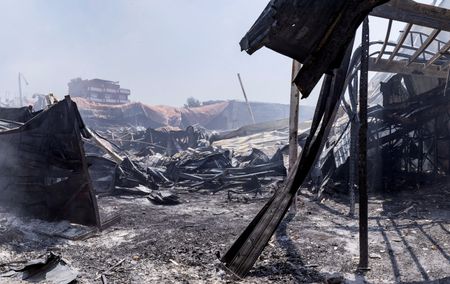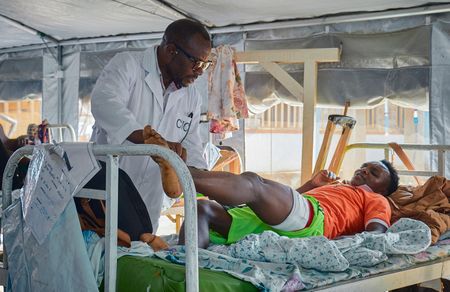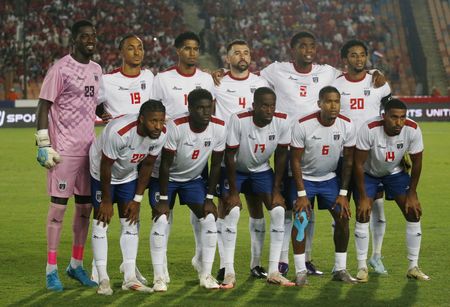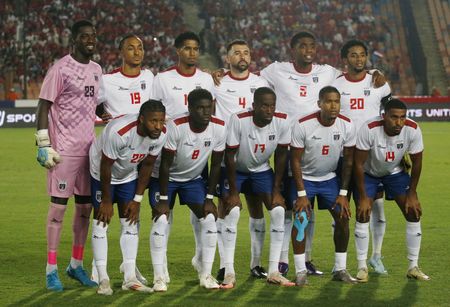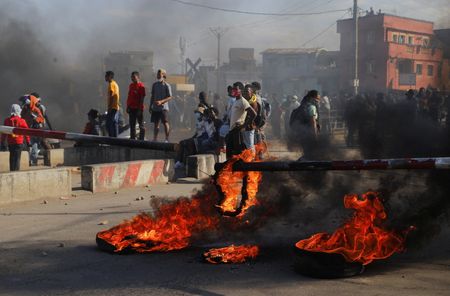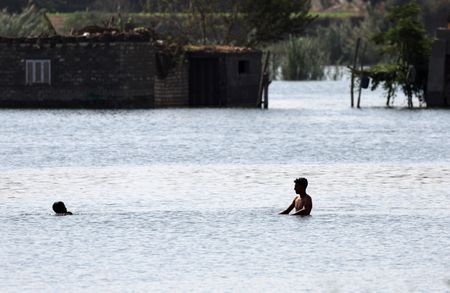ANTANANARIVO (Reuters) -Youth protesters in Madagascar on Wednesday rejected an offer to join President Andry Rajoelina’s “national dialogue” with various groups, accusing his government of repression after weeks of demonstrations in the African island nation.
Inspired by similar “Gen Z” movements in Kenya and Nepal, the protests that started on September 25 pose the biggest challenge to Rajoelina’s government since his re-election in 2023, giving voice to widespread discontent over rampant poverty and high-level corruption.
Rajoelina fired his cabinet last week in a bid to quell the unrest, appointing a new prime minister and announcing plans for a national dialogue that started on Wednesday afternoon. He said the talks would be attended by spiritual leaders, students, youth representatives, and others.
“I don’t want flattery. I want to hear the truth. It’s the people who kept telling me that everything was fine who are responsible for our current situation,” he told the attendees.
POLICE DISPERSE STUDENTS
But the moves have failed to ease public anger.
On Wednesday, police dispersed about 200 medical students as they attempted to march after holding a sit-in at Antananarivo’s main government hospital, a Reuters witness said.
The so-called Gen Z movement said they would not hold talks with the government as long as authorities respond to their demonstrations with force.
“We reject this mockery of dialogue,” the protesters said in the statement posted on their verified Facebook page.
“We refuse the president’s invitation to talks. We will not engage in dialogue with a regime that represses, assaults, and humiliates its youth in the streets.”
Although the demonstrations were initially sparked by water and electricity shortages, demands have now expanded to include calls for Rajoelina to leave office, apologise to the nation, and dissolve the senate and the election commission.
Maminira Ranoelisoa, whose husband Alain Mamisoa Randriambolamanana was shot dead on September 25 when he went to close his shop, said his death was “entirely preventable”.
“It is normal for the people to protest because the people are hungry,” she told Reuters.
Late on Tuesday Rajoelina appointed new ministers for defence and public security and asked them to restore public order, without elaborating further on possible measures.
At least 22 people have been killed while 100 others have been injured in the unrest, according to the United Nations. The government has rejected those figures, without offering any of its own.
Madagascar’s protests are taking place at a vulnerable time for its export-reliant economy. While the country is best known for producing most of the world’s vanilla, other exports including nickel, cobalt, textiles and shrimp are also vital to foreign earnings and employment.
The country’s per capita GDP plunged by 45% between 1960 and 2020, according to the World Bank.
(Reporting by Lovasoa Rabary; Writing by Elias Biryabarema and George Obulutsa; Editing by Ammu Kannampilly, William Maclean, Aidan Lewis)

